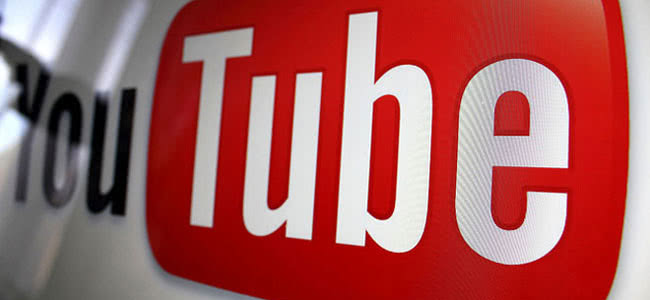Remember the good ol’ days when you’d tape your favourite song off the radio? Or get up early to grab a VHS copy of your favourite music video?
Those days are long behind us now, but a student is using the example as a legal precedent in a battle with internet giant YouTube.
Mashable reports that 21-year-old computer science student, Philip Matesanz of Germany, believes that users of YouTube should be allowed to convert its video content into downloadable .mp3s. Which his website, youtube-mp3.org, allows its one million strong userbase to do daily.
Matesanz was issued a cease-and-desist from YouTube and its owners, Google, over his website claiming that his site’s ability to rip audio content is considered a breach of YouTube’s terms of service as well as of user copyright. But in his legal research, Matesanz’ lawyers have uncovered a legal precedent.
They site a historical parallel between the video uploaded website and public broadcasters like radio and television, and that make a private copy of such a public broadcast is perfectly legal – only the delivery method has changed. Google and YouTube disagree, saying that its a violation of user rights.
In response to Google’s cease-and-desist, Matesanz has also put together an online petition for his website, asking his users to support and defend his website based on the legal precedent. Its already gained nearly 800,000 signatures in the short two weeks its been put together.
The petition, written by Matesanz, reads: “For decades people were allowed to take a private copy of a public broadcast. You could record the radio program with a cassette recorder or make a copy of your favorite movie by using a video recorder. All these techniques have been opposed heavily in its early years by the big media companies who didn’t want the public to have such technology.”
“Several years later history is about to repeat,” writes Matesanz, “Google has teamed up with the RIAA to make the same claims against all sorts of online recording tools for their 21th century broadcasting service. Google is taking action against nearly every service that enables its users to create a private copy of a public YouTube broadcast while the RIAA is threatening news media like CNet for promoting such software.”
Matesanz also proposes that YouTube’s cease-and-desist letter is accusing him of a technological process his site does not use. The terms or service of YouTube’s personal conditions prohibits users from using its API downloading content as opposed to streaming it. However, Matesanz claims his site doesn’t gather data through the internal services, but external programming.
Regardless, there’s clearly a demand for YouTube and Google to provide a service that allows their uses to access audio content in downloadable formats (like .mp3) for offline use. Probably because the video website makes most of its money through advertising, that streams before content.
However, there may be another reason for Google’s cease-and-desist letter to youtube-mp3.org, it’s a market they want to corner themselves…
Last month, Google introduced a way to watch certain content while offline in in its YouTube Android app, indicating that the internet giant is looking at ways of combating the influx of streaming services, who allow access to music content that browsers typically went to YouTube for.
It’s another interesting legal case that has sprung up as a result of the push for greater media dissemination and the level of control that’s wrestled between content providers and what consumers and users deem what they can do with that content.
Similarly, the Canadian Supreme Court ruled in favour of telecommunication companies that scrapped additional r0yalties for musicians, writers and publishers for music used in videogames and movies; essentially good news for internet service providers and bad news for music-makers and their copyright.
Music and copyright infringement is an issue that won’t go away anytime soon, particularly as digital services endeavour to give consumers more access to music without considering the implications of it use. It’s an issue that marred the rise of musical piracy, leading to ugly ‘label versus individual’ cases – such as when a US High Court refused to reduce a student’s $US 675,000 fine for illegally downloading 30 songs. While Japan recently changed their laws to severely punish individuals who breach copyright infringement.
In the case of Matesanz and his .mp3 conversion website, it’s an issue of control and definition, with a pleas in his petition for “Google to break their silence and participate in an open and fair discussion with the intention to find a solution that suits the needs of the users.”




































